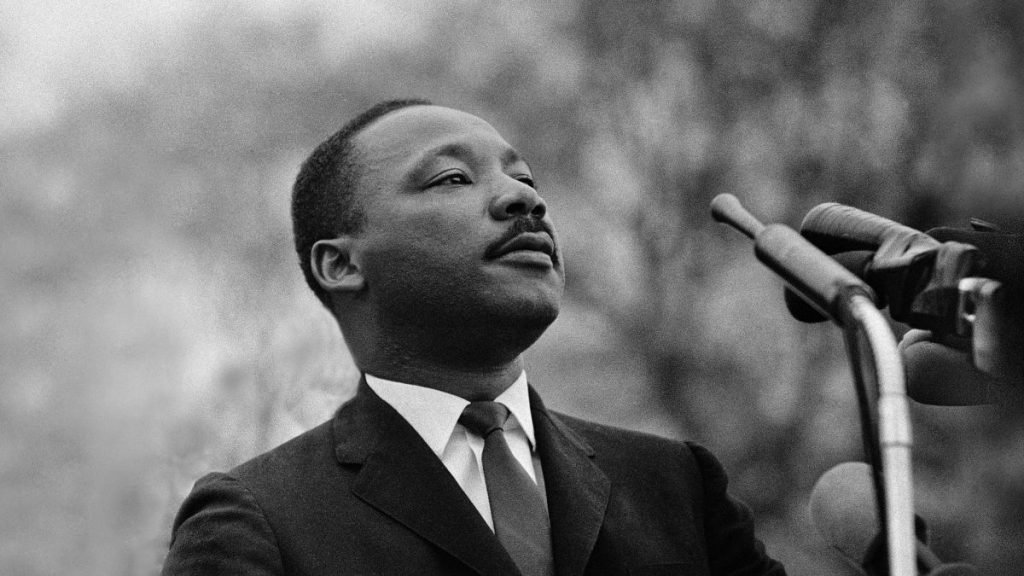
What Can We Learn From Martin Luther King Jr.
Martin Luther King Jr (MLK) was revolutionary who tried to liberate not only his people but also America. So long as any human being is despised, the entire human race is despised and hence liberation of any race and any group of people in the liberation of humanity. Any classification based on any attribute is biased and hence gives birth to discrimination. The classification is like a self-fulfilling prophesy that once the classification is made it perpetuates the division.
Martin Luther King embarked on shattering such classification based on the colour of skin, access material wealth, gender, and on. MLK started analysing caste but did not live long enough to make a serious study of it. His life was cut short by the violent forces.
Martin Luther King Jr and The Possibilities of Transformation
MLK’s transformative praxis included the following key elements:
1. The extraordinary power of persuasion
MLK was groomed to be a minister and he was skilled in persuasion. His articulation and command over language made him a skilful speaker. He could arouse people’s emotions and imaginations. If we analyse the Speeches and letters of MLK, we can see that MLK mastered the elements of rhetoric and he knew how to persuade people. This power of words and their extraordinary delivery timed on particular occasions is one of the powerful element of MLK praxis.
2. Commitment till death to the cause
When MLK was alive, he was arrested, bombed, threatened, dogs were unleashed, and all sort of pressures were exerted to stop his mission. MLK could not be stopped. He always kept the greater cause above his personal life. He was committed to the cause.
3. Non-violent civil movement and power
For the marginalised groups fighting for their rights, it is difficult to remain quiescent and when they move towards their goal they are resisted by the established brutal forces. They have a choice to retaliate, often violence is the possible choice and that creates the spiral of violence difficult to control. Though violence is the last means, a lot of force is needed and this force generates power to shatter established oppressive powers. MLK was deeply committed to non-violence and in the end of his life, he was shifting towards Black power movement.
MLK aimed at creating power through internationalism and by expanding the bandwidth of the black movement through the pro-poor campaign.
4. Using religion to sway masses
MLK employed biblical language and images frequently, but the language and images had a purpose of liberation. For better or worse, people are moved by the religious ideas and these ideas can be turned in favour of larger humanity in the skilful hands of a committed leader like MLK. MLK moved masses with his use of religious terms but did always pointed out to the universal human community.
Author – Mangesh Dahiwale, Human Rights Activist



+ There are no comments
Add yours